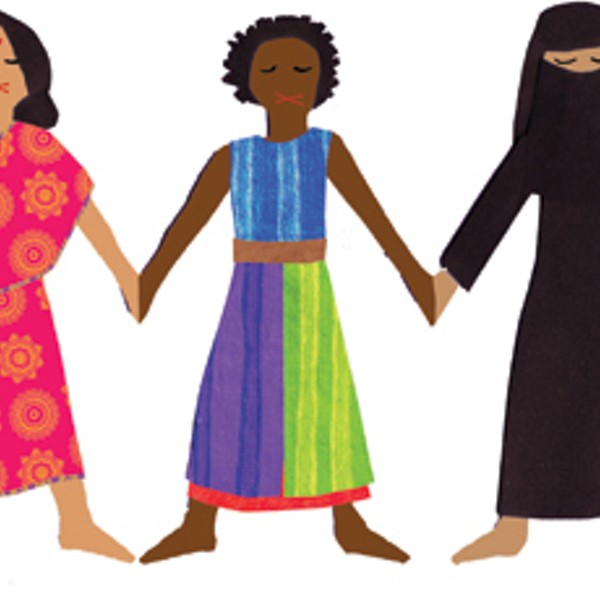“In Scotland, we are a people who pride ourselves on our humanity. It is viewed as a defining characteristic of Scotland and the Scottish people. The perpetration of an atrocity and outrage cannot and should not be a basis for losing sight of who we are, the values we seek to uphold, and the faith and beliefs by which we seek to live. Mr. Al-Megrahi did not show his victims any comfort or compassion. They were not allowed to return to the bosom of their families to see out their lives, let alone their dying days. No compassion was shown by him to them. But, that alone is not a reason for us to deny compassion to him and his family in his final days. Our justice system demands that judgment be imposed, but compassion be available. Our beliefs dictate that justice be served, but mercy be shown. Compassion and mercy are about upholding the beliefs that we seek to live by, remaining true to our values as a people. No matter the severity of the provocation or the atrocity perpetrated.”
Since his 20-minute public explanation, MacAskill has been subject to a rollercoaster ride of adulation and condemnation. Scottish public opinion initially supported the decision, perhaps buoyed by the justice secretary’s claim that Scottish people prided themselves on their “humanity.” The fact that the Edinburgh government, not Westminster, had made the decision suggested that perhaps Scotland could well have its own foreign policy, a fact that reinforced MacAskill’s position in the Scottish National Party.
Only a few days later, though, opinion polls saw MacAskill’s decision plummet in popularity. Negative reactions from the United Kingdom and the United States, suggestions that the decision may have damaged the “reputation” of the Scottish legal system, and conspiracy theories about Prime Minister Gordon Brown wilting in the face of Libyan pressure created a concatenation of bad press that reversed whatever goodwill MacAskill may have initially garnered. The anger from victims’ groups in the United States was particularly pronounced, and involved efforts to boycott Scottish goods and discourage visits to Scotland.
What explains this anger? Scottish families were also victims of the attack, with a number killed when parts of the plane fell on the village of Lockerbie. Are Scots really more “humane” than Americans? It would be surprising if this were true, given their broadly similar political cultures. Yet there is clearly a difference when it comes to the values underlying the two criminal justice systems. Like the rest of Europe, the United Kingdom does not allow the death penalty.
Coupled with this, the normative assumptions related to terrorism also differ in important ways in the two countries. Especially after 9/11, the American response to terrorist atrocities has been motivated by a strongly retributive conception of justice, one that has led to large-scale military operations around the world. The British—victims of IRA-sponsored terrorism for decades as well as recent attacks by Islamists—have preferred a more deterrent-oriented approach, one that focuses on the larger social structures that produce terrorism rather than a strike against those guilty of such acts.
Of course, these are both contested assumptions that can be challenged in many ways, but they reflect a basic truth: the values and norms that underlie American responses to terrorism differ in important ways from British ones. The decision by Secretary MacAskill, while posed as a “Scottish” one, reflects those wider British, or even European, values in important ways. Such differences make any attempt to deal with international acts of terrorism through national legal and political structures inherently contestable. Secretary
MacAskill’s decision and the intense response demonstrate how value conflicts, even among the closest of allies, can generate international tensions.
















